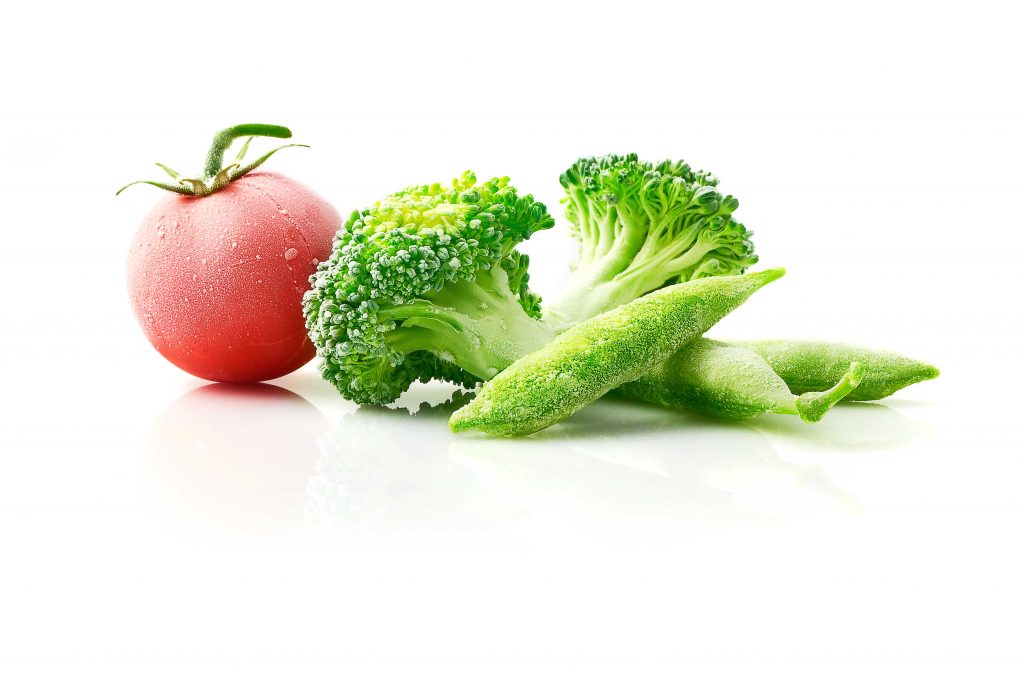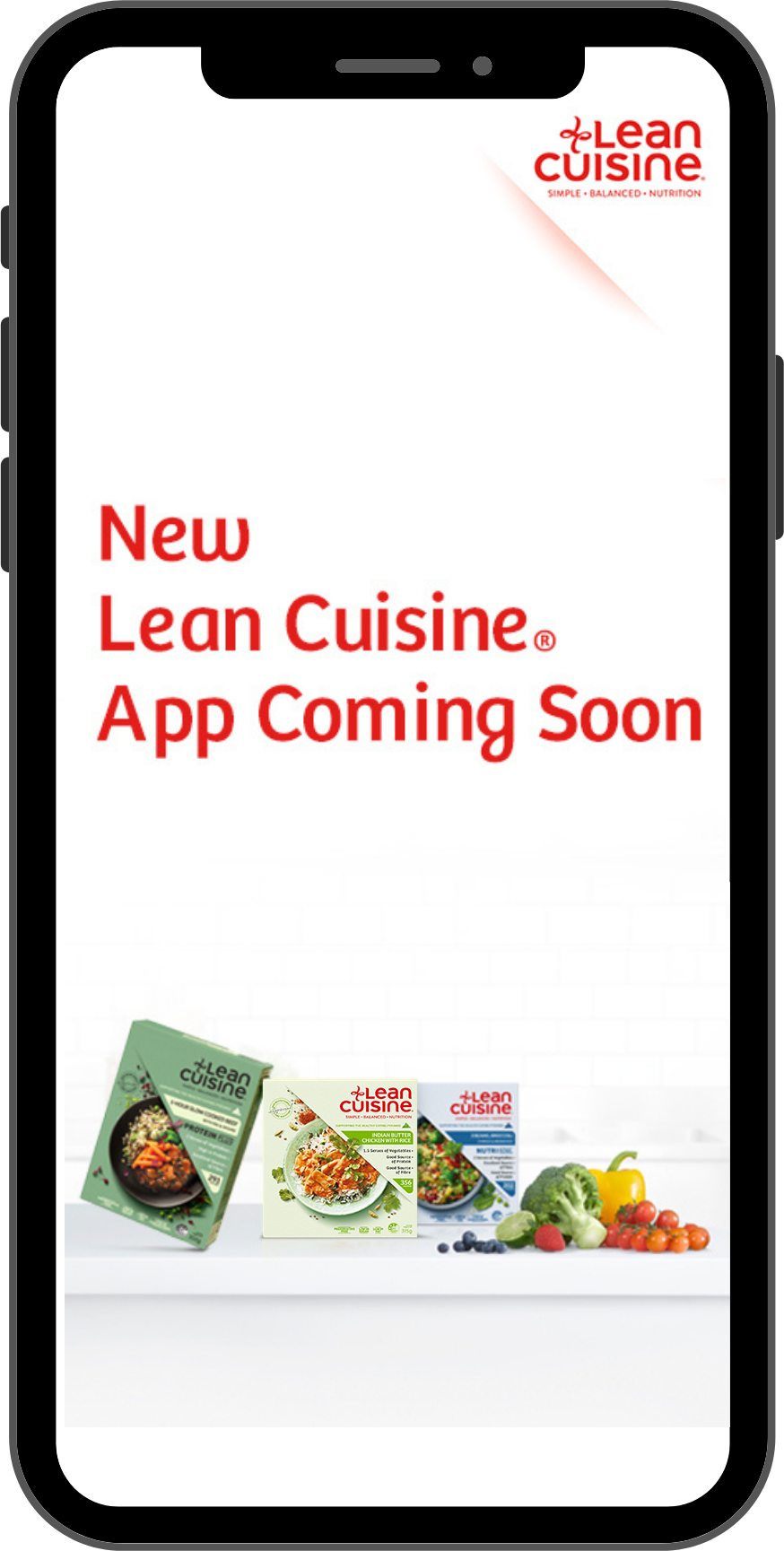BMI, Calories, Fibre and Macronutrients
When seeing a nutritionist or dietitian to ensure an optimum diet, they will recommend you eat a variety of foods from different food groups and aim for 30g of fibre per day. Including foods high in iron, omega-3 and calcium is important. The below is a guide to some of the most important nutrients to consider in your diet in conjunction with the Healthy Eating Pyramid.
BMI or the Body mass Index is a weight to height ratio that calculates whether you are in a healthy weight range to your height. To calculate your BMI you divide your weight in kilos by height in metres squared. For example, if you weigh 70kg and are 170cm tall, your BMI = 70 / 1.7 x 1.7 = 24.2 = Healthy BMI.
The average BMI is between 18.5 and 24.9. If you are outside this range we are here to help you achieve your optimum health your way.
While the BMI is a rough guide it should be noted it does not account for muscle mass and fat mass, and as such individuals with a high % of muscle mass but who are lean, fit and healthy may have a higher BMI. As such, always seek advice from your own health professional when it coms to assessing your weight status.
What are calories?
Food is made up of the 4 energy giving macronutrients - carbs, proteins, fats and alcohol - each of these macronutrients combine to give us the profile of our overall calorie intake. Most foods are a mixture of macros, for example bread contains mostly carbs but also a small amount of protein and fat. Other foods may contain just one nutrient, for example fruit which only contains carbohydrate. Each of these nutrients contains a different amount of calories per gram. Carbohydrate contain 4 calories per gram, protein also 4 calories per gram while alcohol contains 7 calories per gram and fat 9 calories per gram.
Fibre is a nutrient found in fruits, vegetables, legumes and whole grains which has a number of key health benefits including supporting optimal digestive health, keeping cholesterol levels controlled and supporting weight control.
How much do we need?
It is recommended that Australian’s consume 30g of dietary fibre each day. This amount can be achieved by eating 2 pieces of fruit and 5 serves of veges each day along with whole grain breads and cereals.
Omega-3 are a type of fat that play a powerful anti-inflammatory role in the body. Omega-3 fats are found in very few foods including oily fish and smaller amounts in nuts and seeds.
How much do we need?
It is recommended that Australians consume omega-3 rich foods at least 2-3 times each week.
Iron is essential to transport oxygen around the body and it is a nutrient 25% of Australian women have low levels of which can leave you feeling tired and lethargic.
How can we get it?
Lean red meat is the richest natural source of iron. Chicken, fish and eggs have smaller amounts while wholegrains, legumes and green vegetables do contain some, although it is not as well absorbed as the iron found in red meat.
Zinc is a mineral needed by the body in small amounts for immune function, new cell development and for protein metabolism.
How much do we need?
Adults females need 8mg of zinc per day, and males 14mg each day. Zinc can be found in red meat, poultry, beans, nuts, and certain types of seafood.
Other Considerations…
The average person needs to eat every 3-5 hours – the range is wide depending on age, gender, lifestyle and activity levels. For those individuals who do not feel hungry in between meals or eat their meals at traditional meal times, they may not need to snack. On the other hand, if you are genuinely hungry in between meals, adding a 100-200 calorie snack will help to keep you fueled and satisfied until your next meal.
| Snack | Calories | Carbs (g) | Protein (g) |
|---|---|---|---|
| Small Milk Coffee | 100 | 15 | 15 |
| Cheese and Crackers (4 crackers, 40g chesse) | 200 | 20 | 10 |
| Tub of Plain Greek Yoghurt (170g) | 100 | 7 | 16 |
| Tub of Flavoured Greek Yoghurt | 120 | 12 | 13 |
| Packet of Roasted Boradbeans | 100 | 12 | 5 |
| Nut Based Snack Bar | 170 | 20 | 5 |
| Handful (30g) nuts | 160 | 2 | 5 |
| 2 Corn Thins + 1 tbsp. Nut Spread | 200 | 11 | 7 |
| Popcorn - 3 Cups | 115 | 14 | 3 |
| 2 tbsp. Hommus + Vege Sticks | 120 | 10 | 4 |
What about snacking?
Free foods
There is a small handful of foods that are very low in calories, which means you can snack on them throughout the day without any significant impact on overall calorie intake.
These foods include – raw vegetables, plain vegetable soup, berries, black tea, black coffee, herbal tea, spices, herbs, diet cordial, diet soft drink.
Examples of foods under 100 calories
- 20g dark chocolate
- 1 individual ice-cream (Paddle Pop, Weis Bar)
- 150ml wine
- Small milk coffee
- 1 chocolate biscuit
- 2 plain sweet biscuits
- 1 tbsp. nut spread
- 20g chocolate bar
- 1 small cupcake/ muffin/ macaron
- 1 small muesli bar
To look and feel your best, start with
Lean Cuisine®
Simple. Balanced. Nutrition.
Snap-Frozen is Fresher
All Lean Cuisine® meals are snap-frozen to lock in the freshness, flavour and nutrients. We freeze our meals as soon as they are
made so they stay fresh and are ready to eat when you are.

The Lean Cuisine® App - Coming Soon!
Take the guesswork out of healthy eating with the Lean Cuisine® Australia App to create your simple, personalised eating plan.
